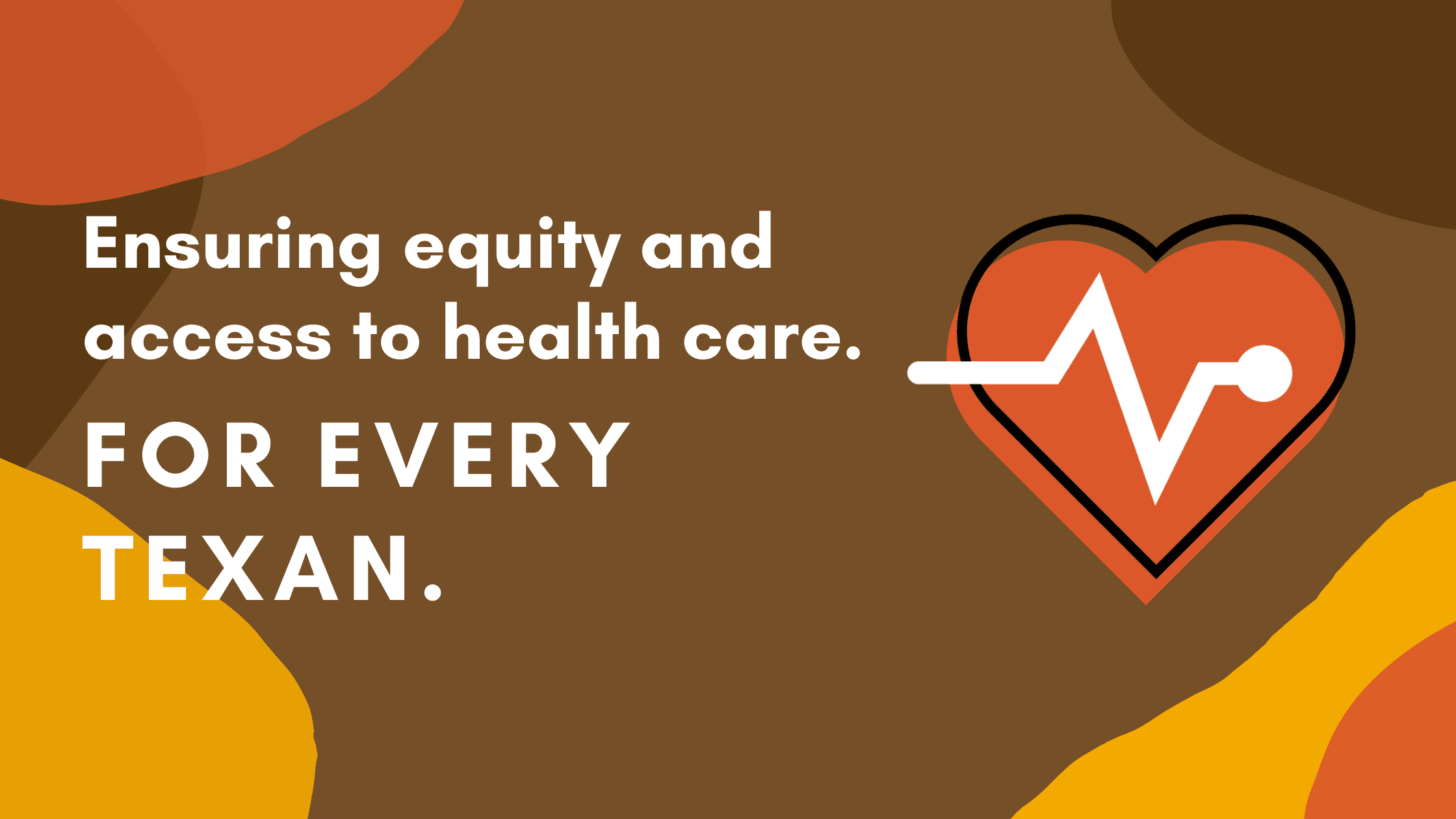This is a guest blog by Rev. Deneen Robinson, Policy Director for The Afiya Center.
We are at the gate! We’re at a place where we can see a promising end for people experiencing poor health outcomes and loss of life regarding maternal health. The underlying root of this phenomenon is systemic racism. The underlying stressors imposed by systemic racism are expressed as the predisposition for hypertension and diabetes in Black people in the United States. We know that the majority of those impacted and lives lost are Black women. The overwhelming risk is that the compounding stress of living as a Black person, choosing to parent and then the stress of pregnancy positions Black women at greater risk for experiencing maternal mortality and morbidity. HB 133 offers a way to respond to the lack of health coverage for those who are needing care at this most vulnerable time in their lives and the lives of their families and communities.
There are many reasons why we should pass HB 133 and allow it to be signed by the Governor.
- We need continual, consistent care for birthing people to respond to the health issues that they experience while pregnant.
- According to the Texas Maternal Mortality and Morbidity Review Committee, Medicaid expansion is necessary for up to twelve months to respond to cardiovascular and other health conditions related to the postpartum life of the birthing person. While we do have other program options, continuity of care ensures that the person is able to remain connected and receive the care they need in a timely, safe and uncomplicated manner.
- Interestingly, while there are no protections for Black people who choose to become pregnant from experiencing maternal mortality, in Texas, a significant number of people died between 43 and 365 days after pregnancy. We also know that these individuals had health issues that required long-term care. We need Medicaid extended.
We must work to end the partisan approach to health care in this state. We must expand Medicaid for those who are in need of health care during and after pregnancy. While some conditions can just be treated by a visit to the emergency room, there needs to be follow up with a physician. Let’s remove the emergency room as an option. Let’s give these people the chance to parent the children they are choosing to parent, free from the fear of losing their life.
Thank you.
The Afiya Center (TAC) was established in response to the increasing disparities between HIV incidences worldwide and the extraordinary prevalence of HIV among Black women and girls in Texas. TAC is unique in that it is the only Reproductive Justice (RJ) organization in North Texas founded and directed by Black women. TAC’s mission is to serve Black women and girls by transforming their relationship with their sexual and reproductive health through addressing the consequences of reproductive oppression.
